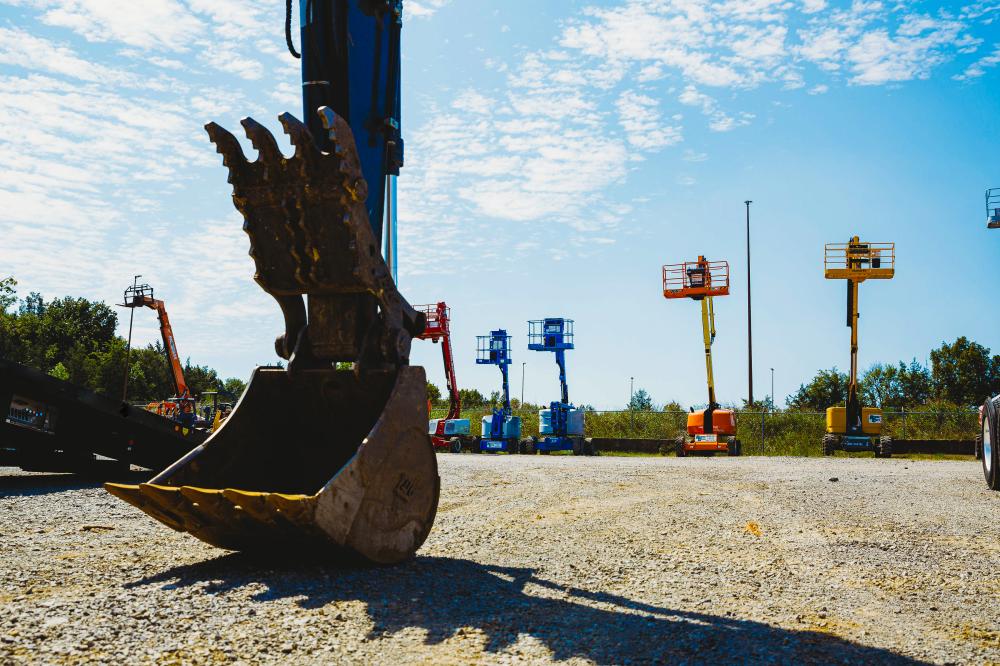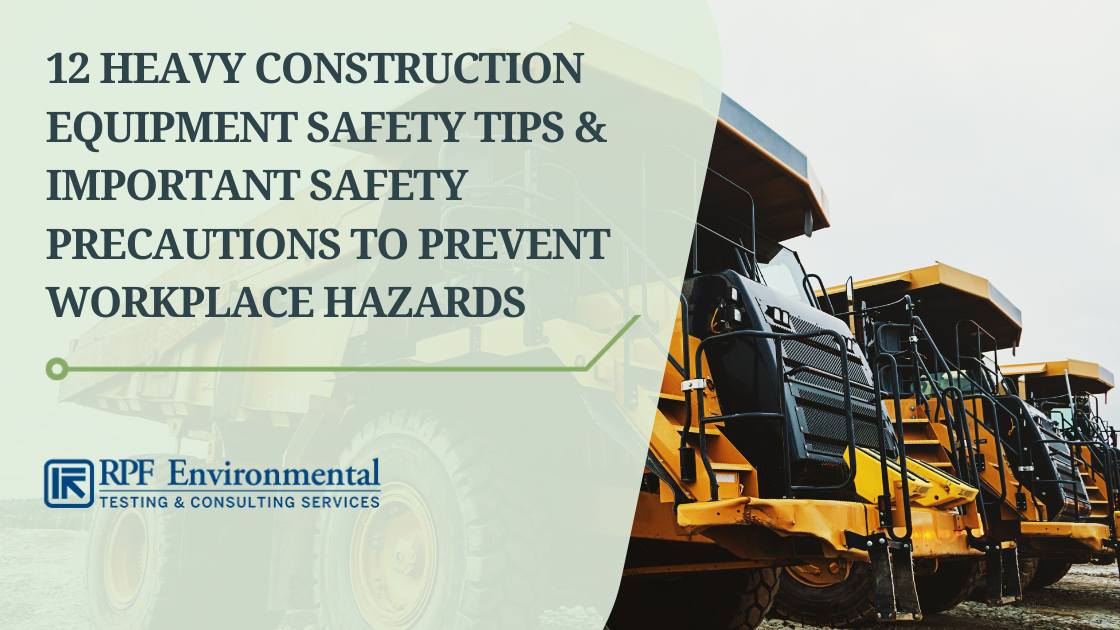Top-Rated Equipment Rental Company Near Me: Discover Forklift Rental and Aerial Lift Rental Today
Wiki Article
Vital Tips for Handling Heavy Devices Rental Agreements and Logistics Efficiently
Effectively taking care of heavy tools rental arrangements and logistics is vital for the success of any kind of job that counts on these sources. A detailed understanding of rental terms, paired with precise assessment of devices requirements, lays the foundation for beneficial negotiations. Working with transportation logistics and preparing for continuous maintenance can dramatically reduce unforeseen prices and delays. The complexities of these components often present difficulties that need critical foresight. What are the key considerations that can change these potential challenges right into opportunities for performance and cost-saving?Understand Rental Terms
Comprehending rental terms is vital for effective hefty equipment administration. The rental period defines the duration for which the equipment is leased, affecting budgeting and task timelines.
Furthermore, it is vital to comprehend the upkeep commitments described in the arrangement. Normally, rental firms keep the equipment, however recognizing who is responsible for routine checks and fixings is crucial to avoid operational interruptions. In addition, terms may consist of provisions worrying obligation for problems or burglary, which can have severe monetary effects otherwise appropriately comprehended.

Assess Equipment Needs
Analyzing equipment demands is an essential step for any type of task manager intending to maximize source appropriation and improve operational performance. This process involves a thorough analysis of the task needs, including certain jobs, timelines, and the kind of equipment necessary to attain desired end results.Begin by determining the range of the job and the jobs that will be performed. Think about factors such as the surface, the scale of procedures, and any kind of potential obstacles that could influence tools choice. Engaging with employee who will operate the equipment can give important understandings into useful requirements and choices.

Following, evaluate the ability and capabilities of readily available devices options. It is necessary to match the appropriate tools to the tasks handy, making sure that it can handle the anticipated workload without compromising security or efficiency.
Additionally, aspect in the rental duration and frequency of use. Comprehending these aspects can assist determine whether acquiring or leasing is one of the most affordable solution. By conducting a thorough analysis of tools needs, job supervisors can make informed decisions that cause improved efficiency and minimized functional prices.
Negotiate Effectively
When the tools requirements are plainly recognized, the next action entails effective settlement with rental firms to secure beneficial terms. Begin by looking into various rental companies to understand their pricing structures, stock availability, and reputation.When approaching the arrangement table, be clear regarding your requirements, consisting of the kind of tools, rental duration, and any type of extra services you may require. This transparency allows rental business to provide customized solutions that can satisfy your details needs (equipment rental company). Don't be reluctant to request price cuts, particularly for lasting leasings or mass orders, as many firms are willing to provide concessions to secure bigger agreements
These factors can considerably influence the general price and needs to be explicitly laid out in the rental contract. Guarantee that all agreed-upon terms are recorded in composing to avoid misconceptions and secure your interests throughout the rental duration.
Coordinate Transportation Logistics
Working with transport logistics is an important element of managing heavy devices rental arrangements. Efficient transportation makes sure that devices is provided on time and in optimal problem, thereby decreasing downtime and improving project efficiency. To attain this, it is vital to develop a thorough logistics intend that lays out the entire transportation process from pickup to distribution.Begin by analyzing the specific transportation requirements based upon the type and size of the tools included - equipment rental company. Engage with trusted transport carriers who focus on hefty equipment to ensure they have the necessary experience and tools, such as flatbed trucks or specialized trailers. Discuss factors such as weight limits, path restrictions, and needed permits to prevent unanticipated hold-ups
Furthermore, preserve open interaction with both the rental firm and the transportation supplier to coordinate routines properly. Validate all details, including pick-up and drop-off times, to guarantee everybody is aligned and prepared. Establish contingency strategies to resolve any kind of prospective disturbances, such as unfavorable weather condition or website traffic problems, which might impact the transport timeline. By meticulously working with transportation logistics, you can promote the integrity of your rental contract and promote smooth job implementation.
Prepare For Maintenance and Support

Furthermore, it is critical to connect directly with the rental supplier concerning upkeep obligations. Some contracts may consist of maintenance as component of the rental solution, while in various other instances, the obligation might fall on the tenant. Recognizing these terms will help prevent unforeseen costs and responsibilities.
On top of that, having accessibility to technical assistance can be important. Ensure that the rental firm provides 24/7 assistance or an emergency situation contact, enabling for speedy resolution of any kind of tools issues. Training your group on correct tools use and regular checks can likewise considerably improve operational effectiveness.
Final Thought
Finally, reliable administration of heavy equipment rental contracts and logistics hinges on a thorough understanding of rental terms, exact assessment of equipment requirements, and proficient arrangement skills. Collaborating transportation logistics and preparing for maintenance additionally boost operational effectiveness. By executing these techniques, organizations can reduce threats, control costs, and ensure that jobs proceed smoothly and within well-known timelines. Emphasizing clear interaction with all stakeholders stays vital in navigating the intricacies of tools leasing and logistics administration.Properly handling hefty equipment rental contracts and logistics is crucial for the success of any project that depends on these sources. By thoroughly reviewing and recognizing these rental terms, services can make enlightened decisions, mitigate threats, and make certain that their heavy equipment monitoring lines up with project objectives and monetary restraints.Working with transport logistics is a crucial aspect of managing hefty devices rental arrangements.In verdict, reliable Learn More administration of hefty devices rental agreements and logistics joints on an extensive understanding of rental terms, accurate assessment of devices demands, and experienced arrangement abilities. Highlighting clear communication with all stakeholders stays critical in navigating the intricacies of equipment service and logistics monitoring.
Report this wiki page